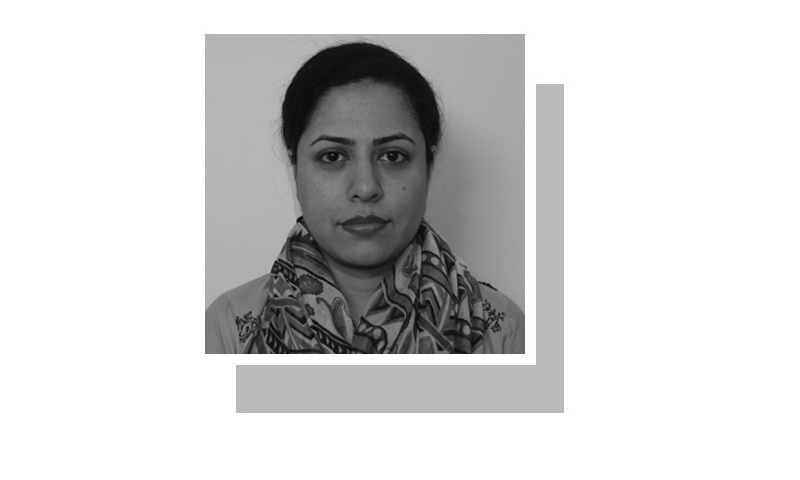
TECHNOLOGY surrounds every aspect of our lives. From surgical procedures to space navigations, search engines to communication systems, database collection to policy formulation, all sorts of work is being done using computers.
As technology becomes cheaper and more and more users adopt it, it is becoming nearly impossible for any part of the world to lag behind in technological advancements. Pakistan has also benefited from these developments, and in the last decade we have witnessed an enormous increase in the use of technology in both the public and private sector.
Police organisation is one such area where technological applications are reaping benefits. Criminals today are being fingerprinted, photographed, crime scenes are being processed through devices, and police files are being maintained using computer desks at police stations.
Technology can revolutionise Pakistan’s police forces.
Police are also on the front line of terrorism in cities and their suburbs. In fact, police are as engaged in defence against terrorism as they are in maintaining law and order, and preventing and detecting crimes, which constitute their primary functions. Ensuring peace and security while simultaneously maintaining a crime-free society would have been a Herculean task in the absence of technology-based policing.
Currently, the Punjab police is the forerunner in implementing policing based on computerisation. They have already undertaken many initiatives — complaint management systems, police station records management, criminal records management, anti-vehicle lifting systems, crime mapping, and driving licence issuance systems — effectively paving the way for more such steps. Once all this data is aggregated, systematic and focused programmes connect this database to police stations and jails.
As against the traditional way of colonial policing, computerisation has minimised the probability of human error to a great extent, and has also improved efficiency and supervision. These closely integrated and supervised systems will shape the future of policing in the days to come. However, these innovations are not without their share of challenges.
The first and foremost challenge is preparing the public for this paradigm shift. As is the case with any change, a layperson doubts this new system. People still walk into police stations and ask for the colonial-era moharrar, the police station clerk. It is only after much persuasion and mentoring that they acquiesce to file a complaint in the computerised police records.
A related problem arises when, for the purposes of data collection, individuals are expected to accurately provide personal details, and private property owners are required to disclose information for software like Hotel Eye, tenants’ registration, domestic workers’ database, etc. In many incidents where a security lapse occurred, it was later found that gaping holes in intelligence existed because people were unwilling to share information.
Another challenge is the common misconception that the entire responsibility of crime prevention lies with the police alone. Sir Robert Peel, regarded as the father of modern British policing, served twice as prime minister and twice as home secretary in the 19th century. One of his guiding principles regarding the police-public relationship was that “the police are the public and the public are the police; the police being only members of the public who are paid to give full-time attention to duties which are incumbent on every citizen in the interests of community welfare and existence”. This concept entails timely and responsive contributions from every responsible citizen in our country.
Another challenge is maintaining continuous training and capacity building of police officers and officials to equip them with the necessary computer skills. Since computer technologies and systems continue to evolve swiftly, technical training of the police, regardless of rank, has to be run along parallel lines. This can only be done by envisioning the futuristic role of police in the years to come. As is the case in the developed world, Pakistan’s police forces will also need to develop and raise specialised divisions and skilled units to use technology for fighting crime and terrorism.
Research and development is another area that needs to be prioritised and strengthened if we are to take complete advantage of the data that is being collected. Dedicated and focused efforts to map this technological advancement will have to be made in order for the police to understand its areas of priority. Computerised data can bear fruitful results if it is carefully guided and collated.
All in all, modern policing is a coordinated and collaborative effort that requires input from both the institutions and the public to channel technological advances into effective solutions for our policing needs. In this way, it can be safely assumed that we can come much closer to becoming a crime- and terror-free society.
The writer is a police officer.
Published in Dawn, October 25th, 2017










































